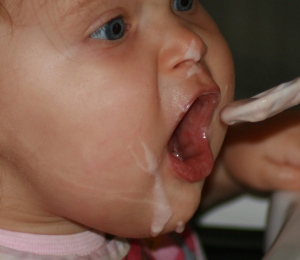This video and post could be one of the most important ones that any parent reads or watches, especially if you ever have to take your baby or child to an emergency room.
We all know that Emergency Rooms are not all created equal… and that is something that should concern any adult who takes a sick baby or child to a hospital in an emergency situation.
Why???
Apparently, there is no standardization for how equipped an ER needs to be when it comes to caring for children. Sadly, this can prove and has proven fatal for some babies and young children.
I have recently learned about the R Baby Foundation and it mission to save babies lives by improving pediatric ER care.
I hope you will read about this Foundation. Baby R’s story is heart wrenching. It is my hope that Baby R’s parents are able to derive some solace knowing that they are helping to make life saving health care available to all babies and children.
Our Mission
R Baby Foundation is the first and only not-for-profit foundation uniquely focused on saving babies lives through improving pediatric emergency care.
R Baby Foundation is dedicated to ensuring that babies, including those in the first month of life suffering from viral infections and other infectious diseases, receive the highest quality of care and service through supporting life-saving pediatric training, education, research, treatment and equipment.
Related stories:
Jenny Isenman: How a Friend Saved Lives After the Death of Her Baby — What Every Mom Should Know.


